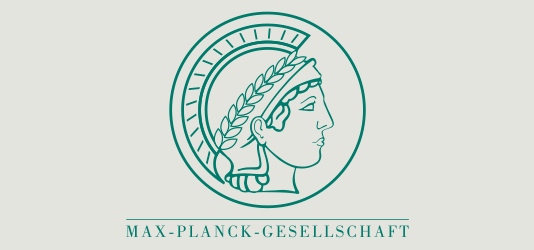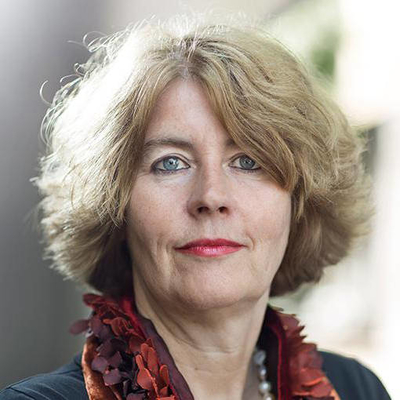Call for Papers
Heritage out of Control: Inheriting Waste, Spirits and Energies
Online Workshop May 17-19, 2021
Keynote Speakers
Anne Berg Asst. Professor of History at University of Pennsylvania School of Arts and Sciences
Birgit Meyer Professor of Religious Studies at Utrecht University
Oyeronke Oyewumi Professor of Sociology, Africana & Gender Studies Stony Brook University
Description
Stirring debates on what is worth preserving, what is dismissible and what needs to be dismantled, heritage has become a hotspot for political discussions as well as historical and anthropological research. Shaped by secular and religious structures of thinking that are rooted in imperial, colonial and national legacies, heritage sites have been important locations for establishing a common understanding of the past and present. It also operates as an upholder of the distinctions between the secular and the religious that are key to modern statehood. Focusing on the absences, affective dissonances and the ensuing silent consensuses produced by the materiality of heritage, we aim to destabilize the place-oriented, static and secularized notions that abound in debates on heritage. Exposing the power dynamics embedded in the spatial materiality of the secularized space of heritage, we would like to shift the focus onto the undesirables: spirits, energies and waste. The attention to the nonhuman agents affords us ways to disturb the material limits of supposed meaning-making processes and challenge the abstract public that heritage presupposes. We assert that this focus has the potential to destabilize the imposed genealogies and lineages that bolster not only the notion of heritage but also how it shapes understandings of the past, present and possible futures.
By exploring the beyonds and the in-betweens of the tangible-intangible divide according to which heritage has been widely discussed, the workshop is a call for broadening the theoretical, epistemological and methodological purchase of the spatial aspects of heritage-making. We welcome abstracts from a variety of disciplinary backgrounds (including anthropology, comparative literature, religious studies, history, art history, geography, sociology and area studies) on, but not limited to, the following questions and themes:
- How can we think about waste and wasteland as heritage? Under what circumstances does the material heritage turn into waste? What is it that turns waste into heritage?
- Considering empire’s and nation state’s intimate relation to violence and destruction, how does waste(land) as an unwanted and stubborn material legacy expose discomforting imperial and colonial pasts? Can waste operate as a Mahnmal?
- How do we make sense of the presence of spirits and energies in relation to heritage? What accounts for the ambivalence (some find it acceptable, others objectionable) around the incorporation of spirits and energies in/as heritage?
- How can we think about the pastness of what is exhibited in museums and public monuments considering the vitality and presence of spirits and energies?
- How does the intimate relationship between spirits and energies operate in relation to the abstract public that heritage presupposes?
We welcome papers that engage with the limitations of the notion of heritage by stretching its conceptual materiality and thereby rethink classical heritage sites such as museums, monuments, palaces and spaces of worship.
Please send abstracts of maximum 250 words to heritageoutofcontrol@gmail.com by February 28, 2021. Accepted participants will be notified by March 15, 2021. Submission of a maximum 2000 words draft paper to pre-circulate amongst the participants is due on April 30, 2021.
Organizers
Annika Kirbis Kirbis@mmg.mpg.de
Doctoral Fellow at the Max Planck Institute for the Study of Ethnic and Religious Diversity
Serawit B. Debele Serawit@envisionit.co.uk
Junior Research Group Leader Africa-Multiple Cluster of Excellence University of Bayreuth
Çiçek İlengiz Ilengiz@mmg.mpg.de
Postdoctoral Fellow at the Max Planck Institute for the Study of Ethnic and Religious Diversity


